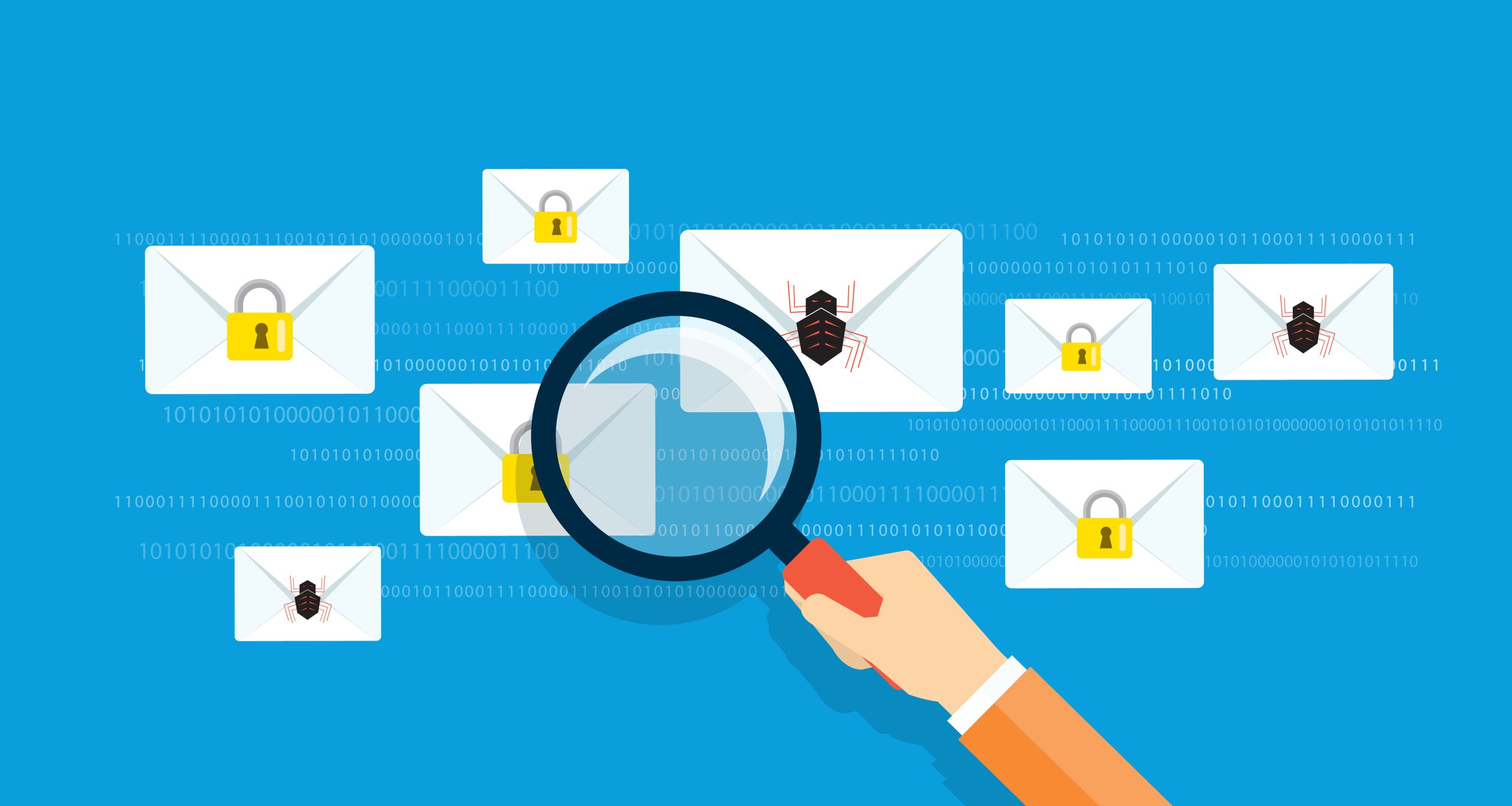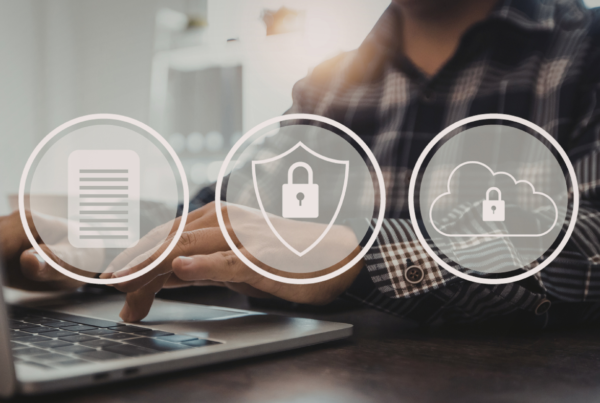How many emails did you send today? Even with the popularity of instant messaging, texting, collaborative project management tools and social media platforms, email remains the communication tool of choice for many businesses. According to HubSpot, there are 4 billion daily email users!
However, as with all online platforms, hackers are always looking for vulnerabilities to exploit, and emails are no different. It’s important to have robust security measures in place to keep your email communication protected.
10 Practical Ways to Keep Your Emails Secure
1. Implement Strong Authentication: Enforce the use of strong passwords and consider implementing two-factor authentication (2FA) for added security.
2. Train Employees: Provide training on email security awareness, including identifying phishing attempts, suspicious links, and attachments. Educate employees about the importance of safe email practices.
3. Use Encryption: Use encryption techniques to protect sensitive information within emails. Encryption ensures that even if intercepted, the contents remain unreadable without the decryption key.
4. Deploy Email Filtering Services: Implement third-party email filtering services that can identify and block spam, phishing attempts, and malware-infected emails before they reach users’ inboxes.
5. Regularly Update Software: Keep email clients, antivirus software, firewalls, and other security applications up to date to address any known vulnerabilities.

6. Backup Data: Regularly back up essential email data to ensure that it can be recovered in case of accidental deletion, hardware failures, or cyber attacks.
7. Set Email Retention Policies: Establish clear policies for email retention and disposal to maintain control over stored data and prevent unauthorized access.
8. Enable Data Loss Prevention (DLP) Measures: Implement DLP solutions to identify and prevent the unauthorized transmission of sensitive information via email.
9. Monitor and Respond to Security Threats: Employ robust monitoring systems to detect potential email threats, such as unauthorized access attempts or unusual activity, and respond promptly to mitigate risks.
10. Stay Updated on Security Best Practices: Regularly stay informed about the latest email security trends, emerging threats, and industry best practices to adapt and strengthen your email security strategy.
In a world where billions of emails are exchanged daily, securing your email communication is more critical than ever. By implementing these measures, you’re taking a proactive stance against potential email-based attacks. Don’t forget that email security is not a one-time fix; it’s an ongoing commitment to protect your digital communications. Stay vigilant and adapt your email security strategy as the threat landscape continues to change.
About Proven IT
Proven IT helps organizations leverage technology to boost productivity, control costs and protect confidential data. Headquartered in Illinois with customers throughout the United States, popular solutions include Managed IT, Cybersecurity, Managed Office Services, Integrated Voice and data, Physical Security Systems and Business Process Automation.






